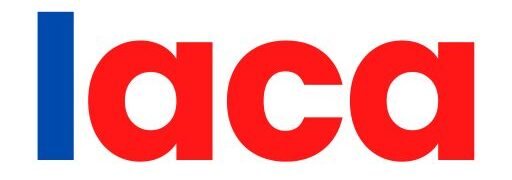The DWP has announced changes targeting benefit claimants, including adjustments to Universal Credit (UC), Personal Independence Payment (PIP), and other welfare programs. Though payment rises have been a topic of much discussion, there is a need to understand the details regarding these changes and their implications.
Changes Announced in the Spring Statement
The Spring Statement brought several reforms announced by Chancellor Rachel Reeves to effectively cut public spending and empower government activity. The reforms include the following:
- Changes to Universal Credit will see the incapacity payments for initial claimants halved and frozen from April 2026 until 2030, while existing claimants will have their incapacity payments kept at a rate of £416.19 per month until 2030.
- Changes to Personal Independence Payment would enforce stricter eligibility rules and a changed assessment process that would affect new claimants and the existing.
- By 2028, there will be removal of Health Supplement Assessment, with health supplements for new claimants reduced and frozen.
- A new digital service will improve child benefit claims and tax payments for higher earners.
- A merger between the “new style” Jobseeker’s Allowance and the Employment and Support Allowance into one benefit called Unemployment Insurance is being proposed.
Clarification Regarding the £750 Payment
There have been reports concerning a £750 payment rise for benefit claimants. Nevertheless, it is very important to distinguish between programs and the timing of them.
- The Motability Scheme offered a £750 New Vehicle Payment aimed at assisting disabled people to lease a vehicle or a mobility aid. The payment can be used toward an Advance Payment for a vehicle or paid after the vehicle is delivered. This offer has been extended until January 3, 2025.
- This means that as of January 4, 2025, the New Vehicle Payment of £750 will no longer be available. If a person on PIP and DLA orders a new vehicle in the Motability Scheme after that date, they will not be entitled to this payment.
Impact Upon Benefit Claimants
The recent welfare reforms are now expected to save the government £4.8 billion a year. Although these measures aim to balance the finances of this country and promote employment, they may also promote a reduction in support for some people. Claimants, whether existing or prospective, should assess their eligibility and understand the tangible effects these changes may have on their benefits.
Recommended Actions for Claimants
- Claimants are advised to keep themselves updated on benefit changes any time by checking official DWP communications and respectable news sources.
- Claimants should check their eligibility for benefits now or in the future, depending on how the recent changes may affect them.
- Claimants are encouraged to seek advice from financial advisors or welfare benefit support organizations to adjust accordingly to these recent changes.
- These developments are vital for benefit claimants to know so that they can apply for what they are due and make plans for what lies ahead.



